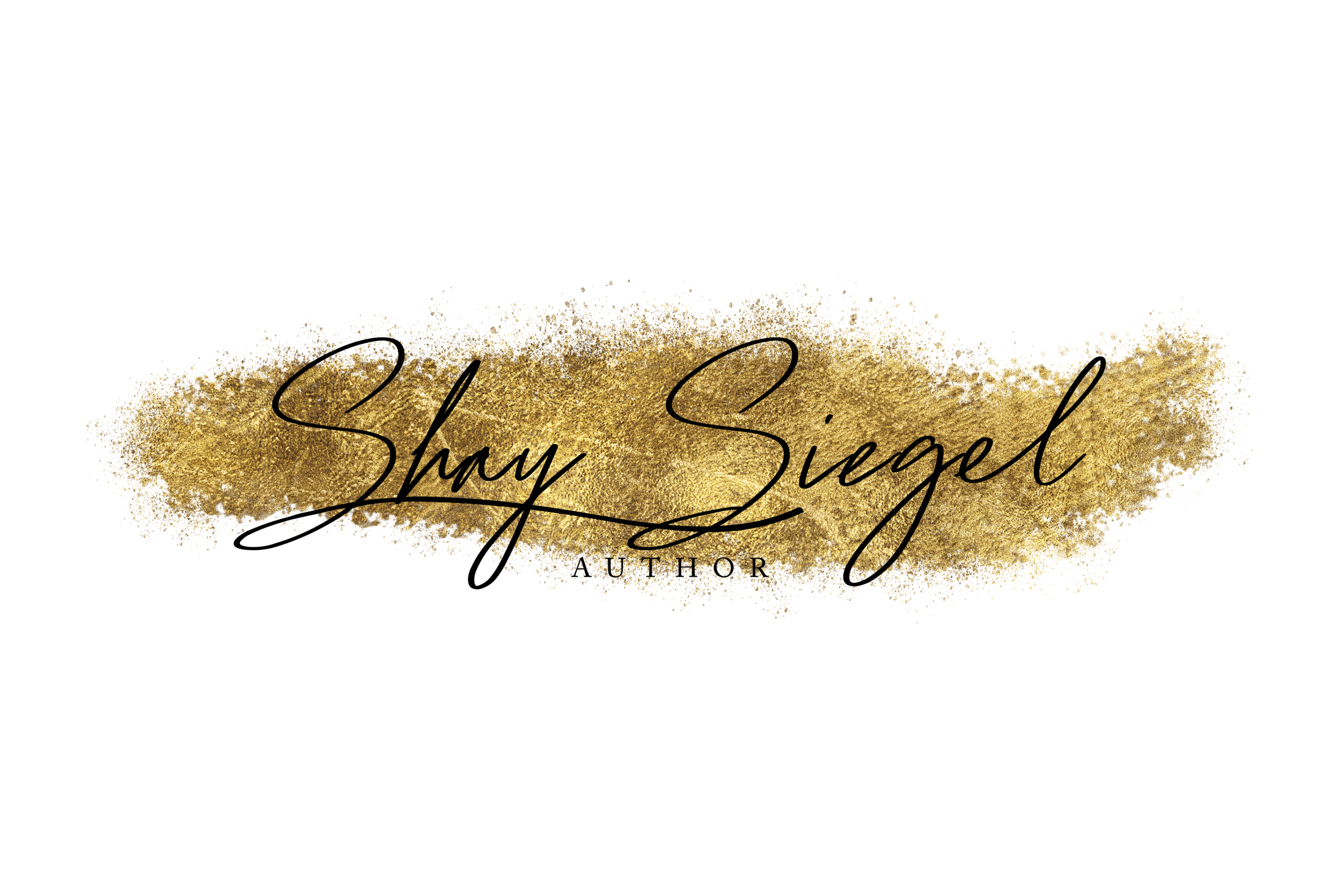Five tips for improving writing that don't have to do with actually writing?
Q&A With Shay Each Sunday
I’m here for another week of writing tips this week rather than a “personal” or “personal writing” related question, though of course this is my opinion on developing the writing craft. So, let’s talk about how to improve!
Q: Five tips for improving writing that don’t have to do with actually writing?
A: This is a little difficult because it’s almost like asking how to lose weight while still being able to eat greasy fried food. That’s not to say it isn’t possible, I guess, and there are many factors that contribute to improving one’s writing craft. Of course, writing and practicing and continuing to write as much as possible is the best way to improve. Also, feel free to reference my tips for beginning authors a couple weeks ago here, if you’d like more guidance on how to refine your writing when you ARE writing.
So, now that we know the first and most important aspect for improvement is to continue writing, let’s see what else contributes to being a good writer.
1.) Reading!
You can’t really understand how to write if you haven’t read. Reading anything and paying attention to what methods the author uses to construct the story is very important for one’s own craft. Especially read in your own writing genre, but branch out, too—think of it as studying for the test. Actually, don’t, because studying and tests sound terrible.
2.) Observing.
This could also be considered people watching, but it doesn’t always have to be just people that you observe. I’m pretty sure most writers are people watchers. Even if you are part of a group conversation, listening and observing other people is really helpful to construct meaningful characters in your own writing. Many times in my editing work I will see characters portrayed in unrealistic ways—make them as human as possible! And by watching and listening to others, and their little details and quirks, you’ll have material for building your own characters. The same with observing the world around you—you’ll be able to then build one on the page more accurately.
3.) Thinking—in solitude and quiet.
This could also be meditation, which is maybe the opposite of thinking? But taking time to breathe and be present can definitely contribute to your writing. I don’t actually meditate, though I always intend to start, but I spend plenty of time thinking and reflecting—looking within—probably in a way that ends up making me more anxious and stressed than anything, but sometimes just thinking about a multitude of things will end up playing a role in your writing. Quiet and solitude can bring clarity to something you’ve been struggling with, writing or otherwise. I’d say if you have an idea or thought randomly to write it down! I so often think I’ll remember and don’t write things down, then I get very upset when I go to include it in my writing later, either forgetting altogether, or not being able to construct the idea the same way.
4.) Knowing when to take a break and relax.
Sometimes lying down to watch TV or a movie or eating a nice meal out or getting together with friends can be just as beneficial to one’s own writing as anything else. We all need to recharge.
5.) Drinking coffee—I mean, eating healthy?
You have to fuel your brain at all times! Eating healthy can give us more energy, and even clarity, therefore making the writing later more focused. And, when you do go to write, I suggest a cup of coffee, because, it’s coffee…
There are plenty of things that go into a balanced life, and a balanced life as a writer. So, as long as you are aware of that balance but devote your time to the writing process, then I can’t see how anyone wouldn’t improve! Read articles on writing and discuss it with friends and colleagues. Keep at it and invest in yourself, but know when you need to take that break—and try not to always take your writing so seriously (something I struggle with plenty myself). Not everything you write is going to be solid gold, some of it will be terrible—a lot of it will be terrible, but trust the process. So, if you need that break from writing, look at what else you can do to still be “working” toward your goals!
What else do you think is important for writers outside of the actual writing?

